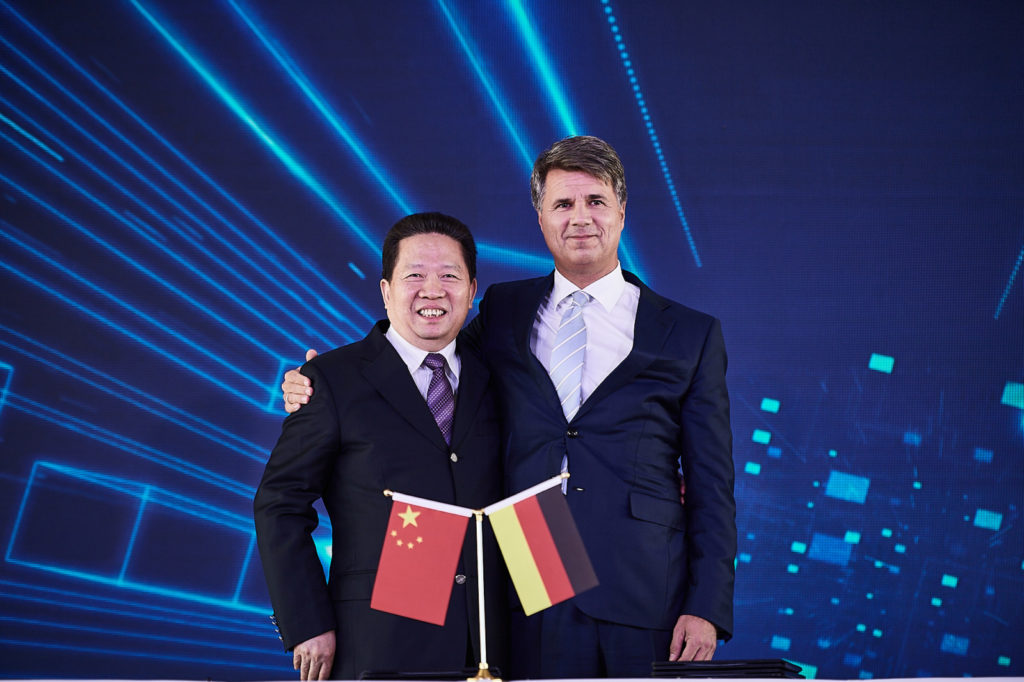The Chinese economy, once among the world’s fastest growing, is starting to slow down according to a number of metrics, leading the authoritarian communist government to make various concessions in its attempt to negotiate around a recession, or what was previously referred to by news pundits for years as a hard landing after years of exponential, double-digit growth. One such concession is the relaxation of foreign ownership over nationally-based businesses, a space where BMW was one of the initial pioneers when it established a joint venture in the historically restrictive economic environment fifteen years ago back in 2003, in the form of BMW Brilliance Automotive.
Demand and production have both exploded since, with China becoming the largest national market for BMW, surpassing regions like Europe and North America. The deal is slated to close by 2022 when Chinese regulations are said to allow for such things, and BMW ownership of Brilliance will increase from a current 50% stake to a majority 75%—a first for any global automaker doing business in China. Currently, BMW Brilliance Automotive (BBA) shares are divided up between Brilliance auto at 40.5%, while another 9.5% is government owned, in the form of the Shenyang Municipality. The deal is reported as having cost $4.2 billion, and will create some 5,000 new jobs as annual output for BMW and BBA plants increases to 650,000 units starting in the early 2020’s.
Currently, BMW and BBA facilities within China employ some 18,000 individuals, and the operations work with a supplier network made up of more than 350 other firms. Last year, the plants located Tiexi and Dadong produced almost 4000,000 vehicles for the Chinese market, or roughly 30% more than the year before. In May of 2018 BBA opened another facility in Tiexi, dubbed the High-Voltage Battery Centre Phase II, which will produce batteries for fifth-generation BMW eDrive technology found in the upcoming iX3.
BBA currently manufactures a number of BMWs, most of which are specific Chinese-market variants. These include oddballs like the G38 5 Series (2.0- or 3.0-liter hyrbid long wheelbase), or the F35 long wheelbase 3 Series. Others include the F49 X1, G01 X3, F52 1 Series and F45 2 Series Active Tourer. Previous models stretching back to 2003 include more recognizable platforms like the E60 5 Series, E90 3 Series and E46 3 Series.
This landmark news is a big step for the global automotive industry and Chinese government, but it’s just the kind of forward thinking and groundbreaking move many have come to expect from BMW, and others industry leaders will be sure to follow.—Alex Tock
[Photos courtesy of BMW AG.]
